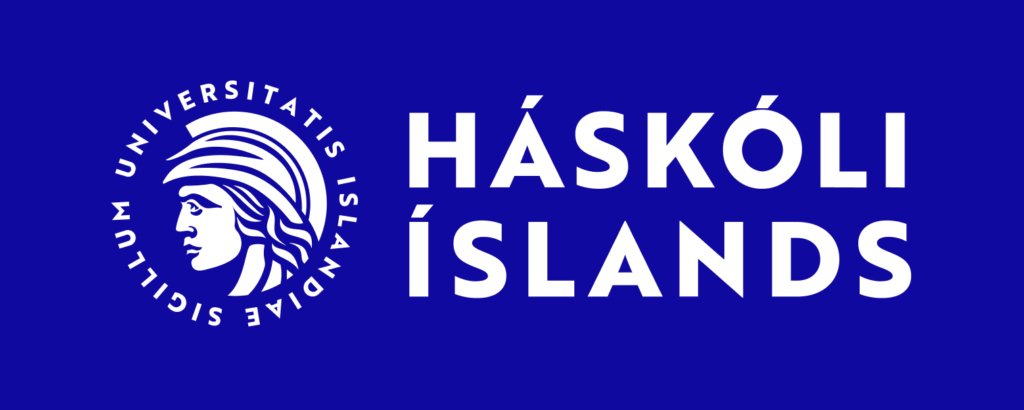Höfundur: Emmanuel Mawuli Adom
Leiðbeinendur: Ólafur Páll Jónsson
Ágrip/Efni:
The OECD’s 2022 report highlights a lack of focus on fostering critical thinking in higher education, predicting that by 2025, half of the workforce will need reskilling due to rapid technological advancements and the rising demand for critical thinking, creativity, and problem-solving skills (OECD, 2022). Universities across the globe, including the University of Iceland, have responded by integrating critical thinking into their policies and curricula. However, while these documents suggest a focus on critical thinking, there is limited insight into actual classroom practices and students’ experiences. This study addresses this gap by assessing the understanding and experience of critical thinking among students at the University of Iceland through a qualitative approach. Using thematic analysis and Bloom’s Taxonomy, the study explores the understanding and experiences of critical thinking among 12 undergraduate and 12 graduate students, including both international and domestic participants from diverse disciplines within three schools at the University of Iceland; School of Education, School of Social Science, and School of Engineering and Natural Sciences. The findings indicate that, although a higher proportion of undergraduate participants compared to graduate participants associate critical thinking with Bloom’s higher-order thinking skills such as creative, evaluative, and analytical thinking, their actual critical thinking experiences were lower. Conversely, while a smaller proportion of graduate participants associate critical thinking with Bloom’s higher-order thinking skills, a greater number of them reported experiencing higher-order critical thinking in their studies. Examining these experiences across the three schools reveals that, the participants from the School of Education experienced more critical thinking in as part of their studies, followed by the participants from the School of Social Science with those from the School of Engineering and Natural Sciences trailing behind. The study offers an insight into how students understand critical thinking, how they experience the development of critical thinking at different levels during their studies and challenges. Also, the University of Iceland and other higher education institutions may leverage the identified themes—such as reflective thinking, reasoning, questioning, dialoguing, decision-making, and problem-solving—to design learning experiences that promote higher-order thinking skills.

